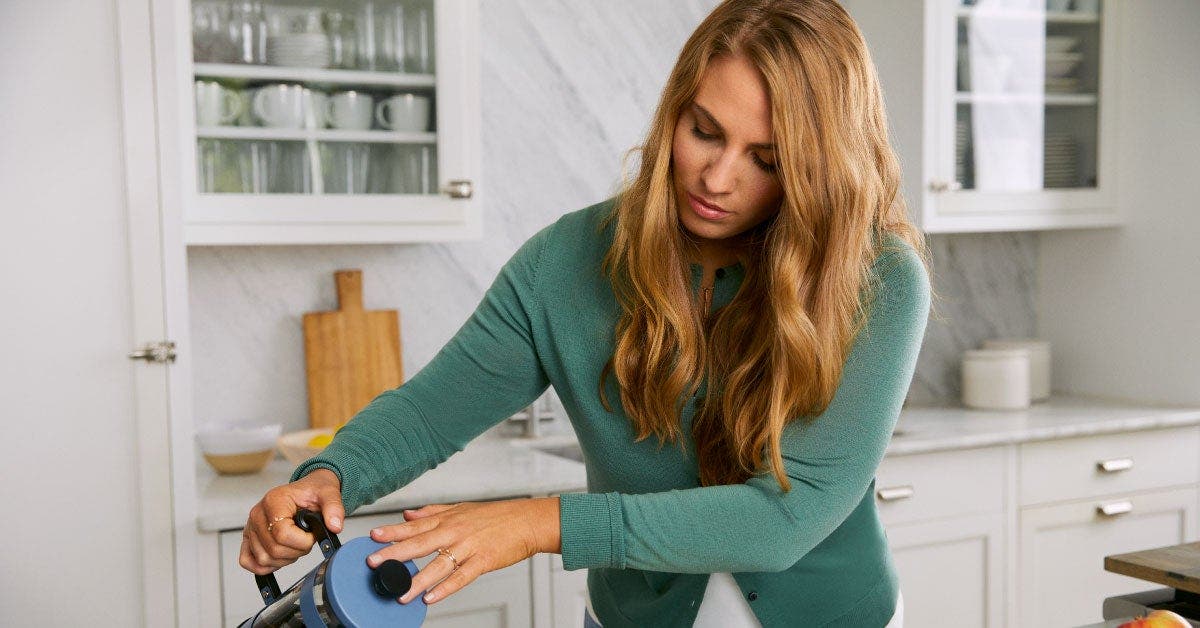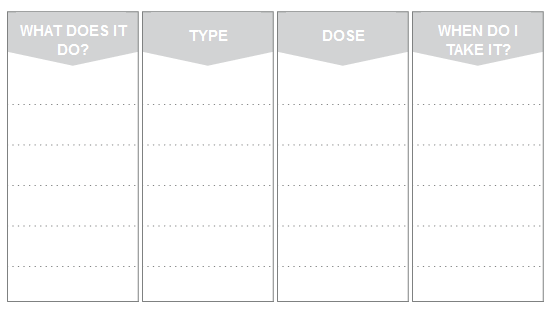Understanding diabetes medications


Why are diabetes medications important?
If it’s not possible to control your blood sugar levels with diet and lifestyle changes alone, your doctor may prescribe you medication. The goal of diabetes medications is to lower blood sugar levels helping you reduce the risk of diabetes complications. Diabetes medications are not a cure for the condition, and if they are started the majority of people will have to take them the rest of their lives.
What are the different kinds of diabetes medications?
There are 8 main types of diabetes medications. These groups contain more than 1 type of medication, but they all work to control your blood sugar levels. Medicines also have two names, a generic name (the actual drug) and a branded one (the specific company brand for that drug). It is important to try and remember the generic name, as this is how your healthcare team will refer to the medication.
How does each type of medications work?
1) Biguanides (e.g. metformin) help the body’s insulin carry sugars into cells and can stop the liver increasing sugar levels in your blood. It can also help with weight loss.
2) Glitazones (e.g. pioglitazone) lower resistance of cells to insulin, helping your body use its own insulin more effectively.
3) Sulphonylureas (e.g. gliclazide) increase insulin production from the pancreas. They can cause low blood sugar levels (hypoglycaemia).
4) Prandial glucose regulators (e.g. repaglinide) also increase insulin production for the pancreas, though only works for short periods, around 30 minutes after meals. They can cause low blood sugar levels (hypoglycaemia).
5) SGLT-2 inhibitors (e.g. empagliflozin) lowers your level of blood sugar by increasing the amount your kidneys remove and this passes out at urine. There is a higher risk of urinary tract infections.
6) Incretin mimetics (e.g. exenatide) increase the level of hormones called ‘incretins’ that help increase insulin when needed or reduce glucose production from the liver. By reducing the speed at which your stomach digests food they can also reduce your appetite and help with weight loss.
7) DPP-4 Inhibitors (e.g. sitagliptins) blocks an enzyme that breaks down incretin hormones, creating similar beneficial effects to incretin mimetics.
8) Insulins (e.g. glargine) directly increase the level of insulin in your blood, helping lower your blood sugar. They can cause low blood sugar levels (hypoglycaemia).
Top tips to taking your medications safely
1) Know which type of medication you are on
Your diabetes medications or dose may need to change over time to help keep your blood sugar levels controlled, and often people need more than one medication. It is very helpful to keep a list of these medications and doses, both for you to remember and if you need to tell a healthcare professional what you take.

2) Be aware of potential side effects
All medications have side effects and you should check the patient information leaflet supplied with your medication to see which side effects you may experience. If you do experience any of these effects, raise them with your doctor.
3) Be aware of the risk of hypoglycemia
One particular side effect of some diabetes medications is hypoglycaemia. This is where your blood sugar levels are very low. Understand the key symptoms to look for and how to treat it. If you are unsure ask for advice from your doctor.
4) Know when to take your medications, and how they relate to your food
Diabetes medications need to be taken at particular times of day, and some need to be timed with your food to reduce the risk of hypoglycaemia. Seek advice from your doctor or pharmacist if you are unsure of when to take your medications.
5) Get a prescription exemption certificate
In the UK, people with diabetes who take diabetes medications are entitled to free prescriptions, but you'll need a prescription exemption certificate. If you need to test your blood sugar levels at home, free prescriptions will include equipment such as test strips, lancets and sharps boxes. If you don't have an exemption certificate and you want to claim free prescriptions then you will need to get a form to apply for the certificate from your doctor’s surgery.
Further reading/Useful resources/References
Diabetes UK diabetes treatments guide:
Available from: https://www.diabetes.org.uk/Guide-to-diabetes/What-is-diabetes/Diabetes-treatments/
